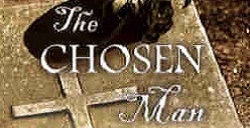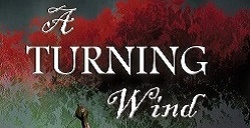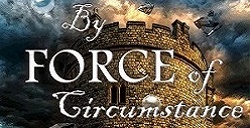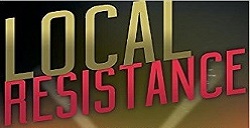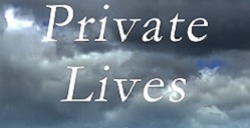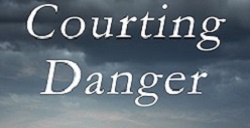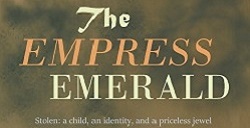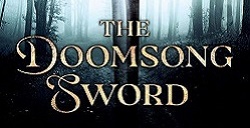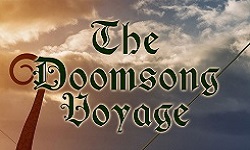

From Private Lives
Chapter 1
Bideford, North Devon, England.
A Friday afternoon, late summer, 1942
The first shot shook a murder of crows into the air. The second shot kept them there. Bob Robbins closed his eyes and lay perfectly still in the tall grass while his heart leapt about in his chest. His new binoculars toppled to one side. Reaching out, he placed a protective hand over them, he didn’t want them bouncing down a slippery grass slope then over the cliff onto vicious rocks. He took a deep breath. Time to move on. Someone was out catching rabbits, no point trying to see any wildlife now.
Sitting up, Bob shaded his eyes with a warm palm and gazed out across Barnstaple Bay: nothing moved but the occasional white horse of an incoming wave. With a huff of annoyance – for this was an idyllic spot – he struggled awkwardly to his feet on the steep incline then lifted the small groundsheet he’d been lying on, to shake it free of grass seeds. Turning to face inland, he caught sight of a figure pulling something in the field above. The single figure became two. One man standing, another being dragged along the ground. He lifted his binoculars and focused: a youngish man in brown dungarees had his arms linked under the shoulders of another man. He was pulling him backwards up the field. Someone had been shot. By accident? Bob’s inner policeman processed what he was watching.
The same sense told him someone else was watching, too. Bob swivelled to his left. Something moved among ancient oaks and brambles up along the edge of the unploughed field. He adjusted the focus and studied the trees. There was nothing. It wasn’t important, the injured man took priority.
Tucking his binoculars into his knapsack and leaving the groundsheet where it was, Bob tried to hurry uphill, not easy for a portly man in his sixties but there had been a shooting accident and he had the training to deliver first aid before the ambulance arrived.
By the time he reached the top of the pasture, the young man had dragged the inert form through a dilapidated gateway into a farmyard and was backing towards the open double doors of a barn.
“Hey!” Bob called. “Wait – I’ll give you hand.”
The young man’s head shot up. “What you doin’ here?” he demanded. “This is private property. You’re trespassing.”
“I was on the public footpath – along the cliff.”
“Still our farm. Bugger off.”
“But . . .” Bob indicated the fallen man, an elderly man he could see now, despite a lean, farm-life physique. “I can help, I’m a –” he stopped, smiled, changed tack. “Just thought you needed a hand. Shotgun pellets is it? I can do first aid.”
“No need for that. None of your business. He was going down to tell you to clear off.” The boy’s knee propped up the injured man’s lolling head. Bob bent down to touch the man’s neck. “Leave him alone. Clear off!” the boy screamed.
Bob straightened up, embarrassed and surprised, and now
deeply suspicious. He nodded, “As you wish,” and gave a harmless grin, looking
about him, committing every detail to memory.
Copyright © A.M.Arredondo. All Rights Reserved.
